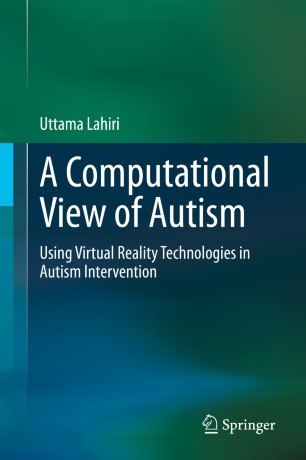

Most ebook files are in PDF format, so you can easily read them using various software such as Foxit Reader or directly on the Google Chrome browser.
Some ebook files are released by publishers in other formats such as .awz, .mobi, .epub, .fb2, etc. You may need to install specific software to read these formats on mobile/PC, such as Calibre.
Please read the tutorial at this link. https://ebooknice.com/page/post?id=faq
We offer FREE conversion to the popular formats you request; however, this may take some time. Therefore, right after payment, please email us, and we will try to provide the service as quickly as possible.
For some exceptional file formats or broken links (if any), please refrain from opening any disputes. Instead, email us first, and we will try to assist within a maximum of 6 hours.
EbookNice Team

Status:
Available5.0
22 reviewsThis book first explains autism, its prevalence, and some conventional intervention techniques, and it then describes how virtual reality technology can support autism intervention and skills training. The approaches and technologies covered include immersive virtual reality, augmented reality and mixed reality. The tasks covered include emotion recognition, affective computing, teaching communication skills, imparting literacy skills, training for imitation skills, and joint attention skills. Most of the chapters assume no prerequisite knowledge of autism or virtual reality, and they are supported throughout with detailed references for further investigation.
While the author is an engineer by profession, with specialist knowledge in robotics and computer-based platforms, in this book she adopts a user perspective and cites many real-life examples from her own experience. The book is suitable for students of cognitive science, and researchers and practitioners engaged with designing and offering technological assistance for special needs training.